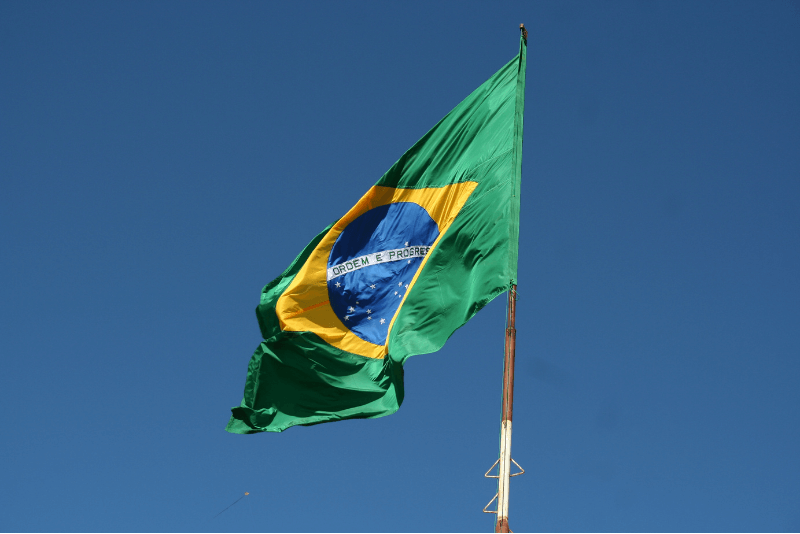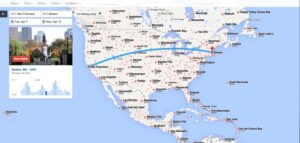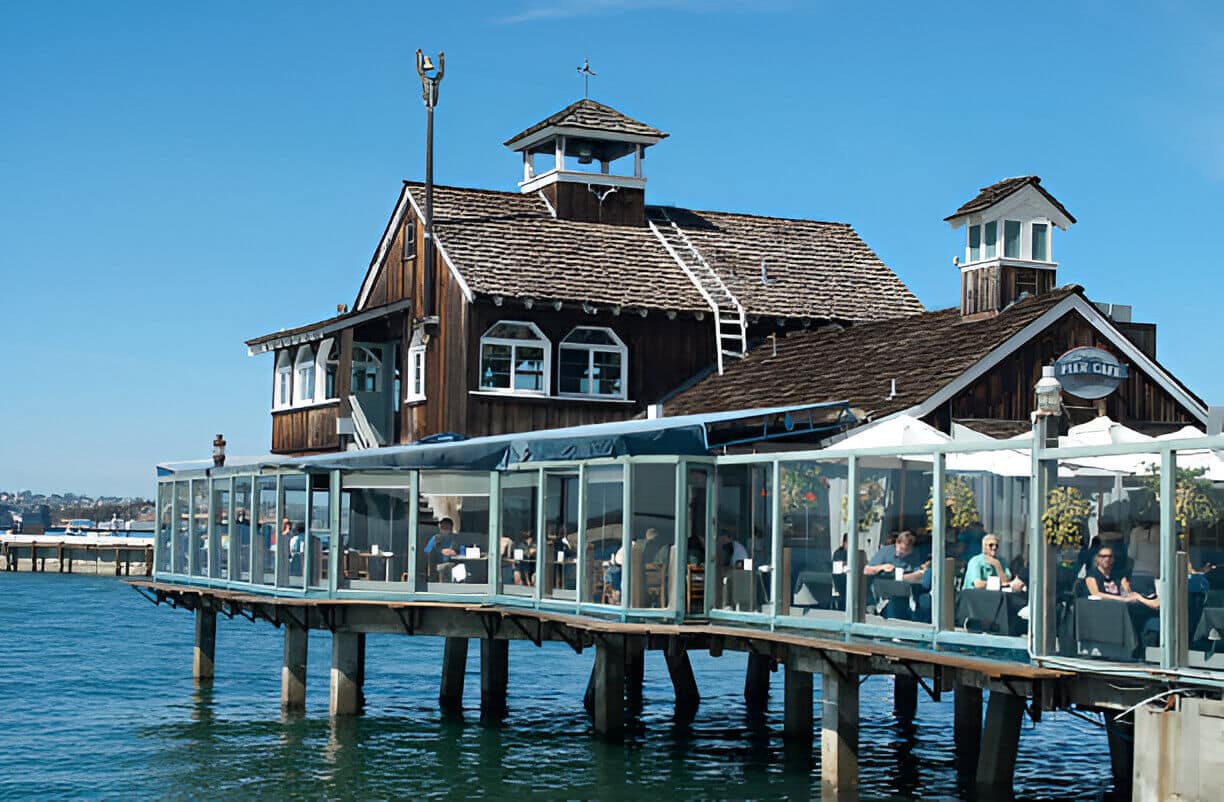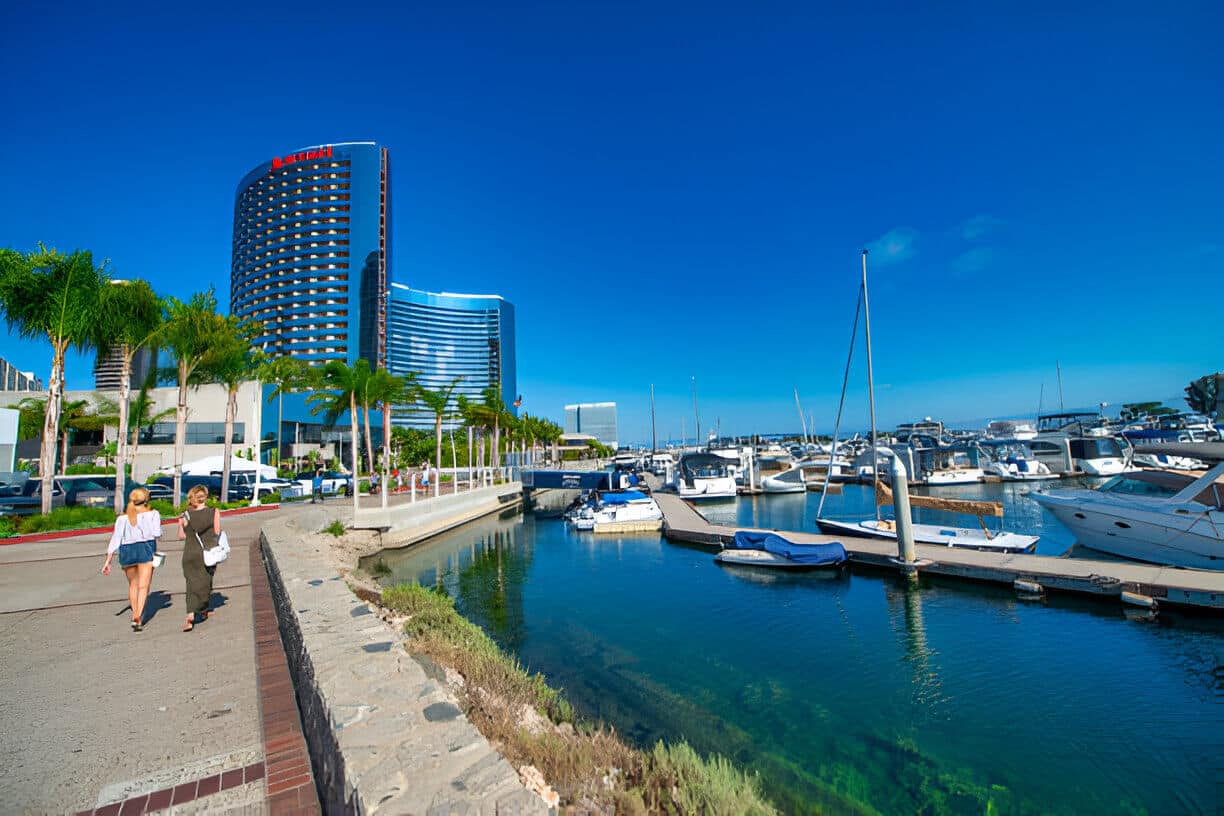Brazil is the most populous and largest country in South America. Brazil is home to an extensive number of languages as well as to the Amazon’s diversified wildlife and ecology. You’ll find all kinds of languages, including European, Asian, and native ones.
Brazil’s enormousness and diversity mean that not all languages are spoken equally throughout the country. The languages and dialects you hear will vary depending on where you are. Let’s learn what language do they speak in Brazil.
What Language Do They Speak in Brazil? A Deep Dive into Brazilian Portuguese, Language Diversity, and Linguistic Heritage
Before we get into the stats and specifics, let’s explore the colorful world of communication in Brazil—from the official language of Brazil, Brazilian Portuguese, to the rich tapestry of indigenous languages of Brazil and minority languages in Brazil.
This isn’t just about what people speak—it’s about language learning in Brazil, the evolution of Portuguese dialects, and the Brazilian language education system that helps keep this linguistic heritage alive. Let’s travel deeper into the languages spoken in Brazil and see what makes its culture so uniquely expressive.
Primary Language
98% of Brazilians speak Portuguese, which is the country’s primary language. It is the language used in nearly every aspect of daily life, including government, schooling, and the creative industries.
Portuguese is Brazil’s official language on a national level. Although there are several minority languages in the whole country, they are only recognized at the municipal level as opposed to the national level. These will be discussed in greater depth below. Speaking English in Brazil won’t get you very far, even though many English speakers nowadays believe they may use their native tongue when they travel. According to the British Council, just 5% of Brazilians, or just over 10 million individuals, could speak in English in 2019. This indicates that English is not a language that is widely spoken there.
Second Language
Apart from Portuguese, Brazil is home to hundreds of native tongues, languages from other parts of the world, and a variety of Brazilian Portuguese.
From its European roots, Brazilian Portuguese has changed over the ages, acquiring a distinctive accent along with grammatical and orthographic distinctions. Brazilian Portuguese was influenced by both the native tongues of Brazil and the languages of European immigrants.
Just as it is easy for Brazilian Portuguese speakers to interact in Portugal, European Portuguese speakers can communicate in Brazil due to the very small variances. These distinctions are comparable to those between US and UK English.
German
When you ask what language is spoken in Brazil, do you immediately think of German? No? You’re not alone, though! Given its widespread usage throughout Latin America, many people believe that Spanish or possibly Italian would be the second most common tongue in Brazil. This is because there are more immigrants of Italian descent living in Brazil than immigrants of German descent.
Nevertheless, with 1.9% of the population speaking it, German is the second most spoken language in Brazil, behind Portuguese. This can be explained by census statistics. Although the number of Italian immigrants in Brazil is higher than that of German immigrants, half of their children speak Portuguese at home. In contrast, two-thirds of the children of German immigrants speak German as their mother tongue at home.
While there are about 1.5 million speakers of standard German in Brazil, Pomeranian German is also spoken there, mostly in Espírito Santo.
Italian
Italian is the third most often spoken language in Brazil. Once more, the languages of Brazil and Europe are not the same. It even goes by the name Talian. Brazilian Venetian, another name for this dialect of Italian, is primarily spoken in Rio Grande do Sul, where it is recognized as a co-official language in certain localities.
When a surge of Italian immigration arrived in Brazil at the end of the 19th century, Italian was introduced to the country. Since over 60% of these immigrants were from Venice, the Italian spoken in Brazil has a distinctly Venetian impact.
Minority Languages
Due to the patterns of migration over the past few centuries, Brazil is home to numerous different minority languages. Travelers may hear Dutch, French, Spanish, Japanese, Vlax Romani, Chinese, Korean, Polish, Ukrainian, English, and more while in Brazil. Let’s look at a few of these minority languages that are currently spoken in Brazil.
English
English is one of the languages spoken in Brazil, though it is not very common there. Only about 5% of Brazilians can speak English, although they are not fluent speakers.
French
Although Portuguese is Brazil’s official language, a sizable portion of the population speaks French. French is another minority language in Brazil, where there are about 30,000 French speakers, most of whom reside in Rio de Janeiro or São Paulo.
Japanese
With the majority of them living in São Paulo, Brazil now has the largest Japanese population outside of Japan. Although many second and third-generation immigrants have made Portuguese their mother tongue, there are still a significant number of Japanese speakers in Brazil, where there are over 1.5 million persons of Japanese ancestry. In fact, since the 1940s, São Paulo has had its newspaper in the Japanese language.
Spanish
Do Brazilians, however, speak Spanish? Yes, a few of them! According to Ethnologue, over 460,000 Brazilians are Spanish-speaking. There are many similarities between the two languages, although they differ more in how they are written than in how they are pronounced. Because of this, even though they might not speak Spanish well, many Brazilians can understand it.
Vlax Romani
About 354,000 Vlax Romani live in Brazil, according to People Groups, and are part of a larger group of nearly 1.2 million Vlax Romani living in 21 different countries. Vlax Romani is therefore another minority language in Brazil.
How Many Languages Does Brazil Have?
There are 219 languages spoken in Brazil, which includes 202 indigenous languages, according to Ethnologue.
Conclusion
Brazilians speak a wide variety of languages, including Portuguese, the country’s official language, as well as other minority and indigenous languages. But, what language do they speak in Brazil? Portuguese is their primary language.
Because English is not widely spoken in Brazil, it is not the ideal option for native English speakers who intend to travel there to rely solely on their native tongue. Speaking Portuguese will be essential when you travel to Brazil!
Fortunately, Portuguese is regarded as one of the most accessible languages for English speakers. Therefore, learning the basic components of this language before traveling to Brazil is not a problem.















